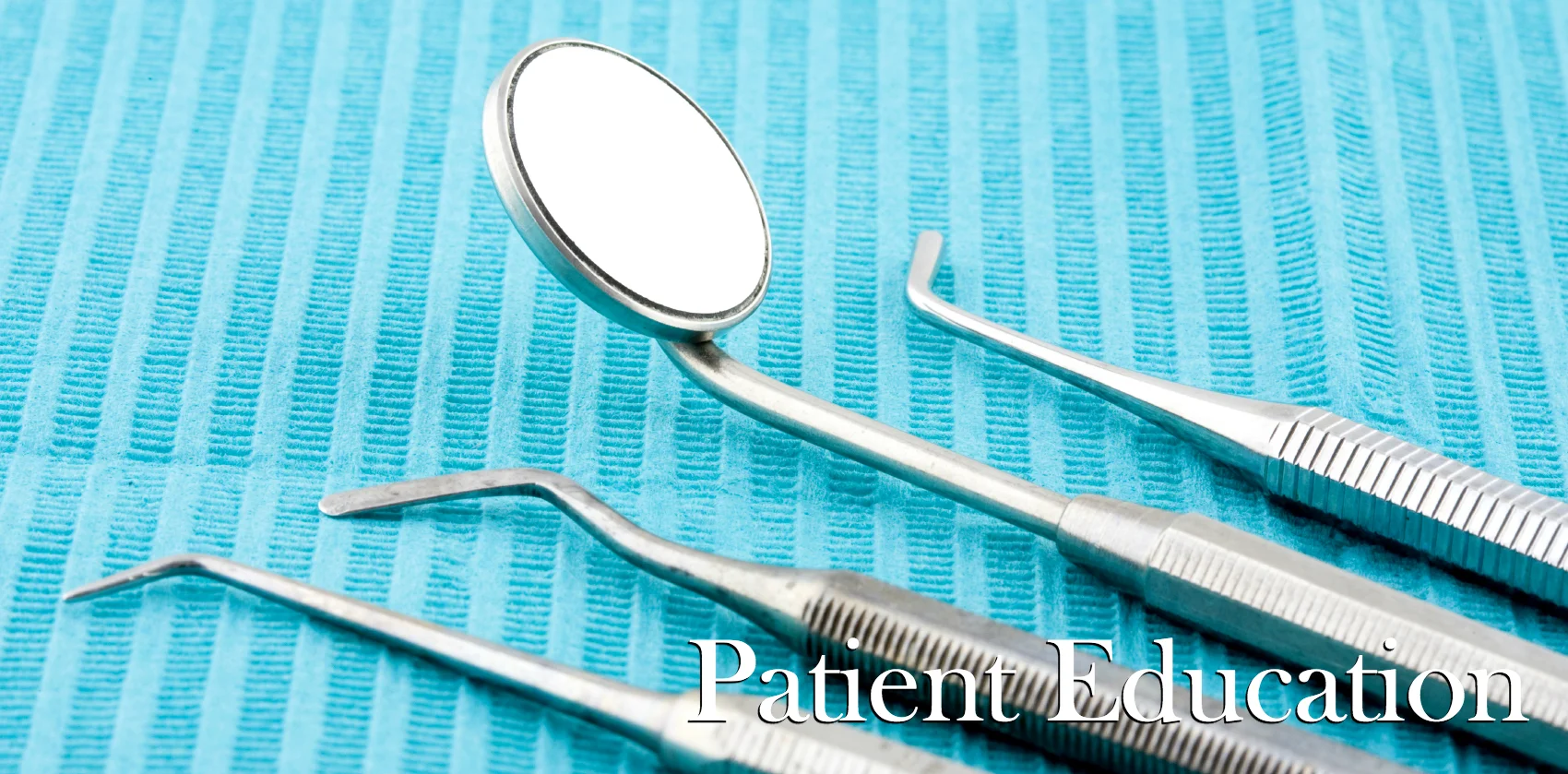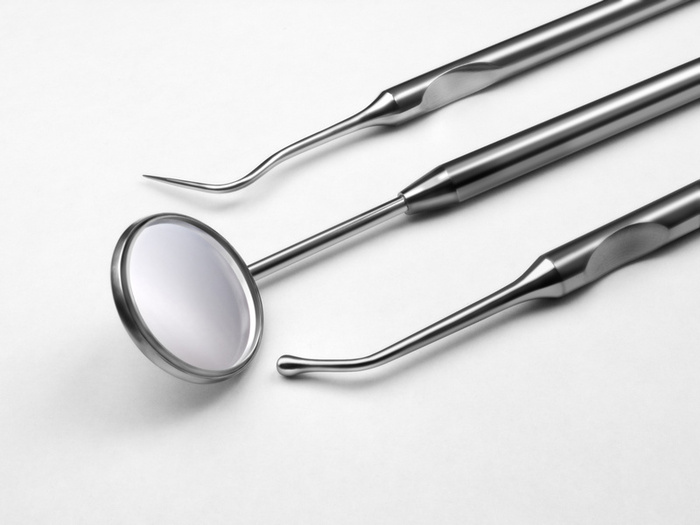Do you actually need to floss every day? Yes! Flossing is one of the most beneficial habits you can add to your daily routine. It is associated with lower rates of gum disease, fewer cavities and lower lifetime dental costs. However, you can only reap these benefits if you floss every single day! Sporadic or intermittent flossing still allows for bacterial growth, tooth decay and eventual dental disease.
When you use floss, you are targeting the spaces in between the teeth, at/below the gum line. The primary goal is to remove any plaque or food that has accumulated in these areas throughout the day. Plaque is a primary concern, as it plays a major role in the gum disease process. Left undisturbed (unflossed), it only takes about 24 hours for plaque to mineralize to tartar. Tartar cannot be removed, dissolved or displaced with anything other than a professional dental cleaning. Eventually, Tartar will lead to gingivitis (inflammation of the gums) and periodontitis (irreversible bone loss around the teeth). Stuck food between the teeth can also lead to tooth decay. Sugary and carb heavy food will lodge itself between the teeth, sit up against tooth enamel, and eventually develop cavities.
The proper way to floss. After going under the tooth contacts, make sure you thread the floss down the gums and around the teeth in an up-and-down motion.
Tonight, when you're getting ready to go to bed, do a quick experiment. First, brush your teeth thoroughly for two minutes with a fluoride toothpaste. Afterwards, floss between every tooth. Take note of all the gunk you get out even after brushing- it may surprise you! If you would like to know more about brushing, flossing or generally keeping your teeth clean, please give our office a call.
























